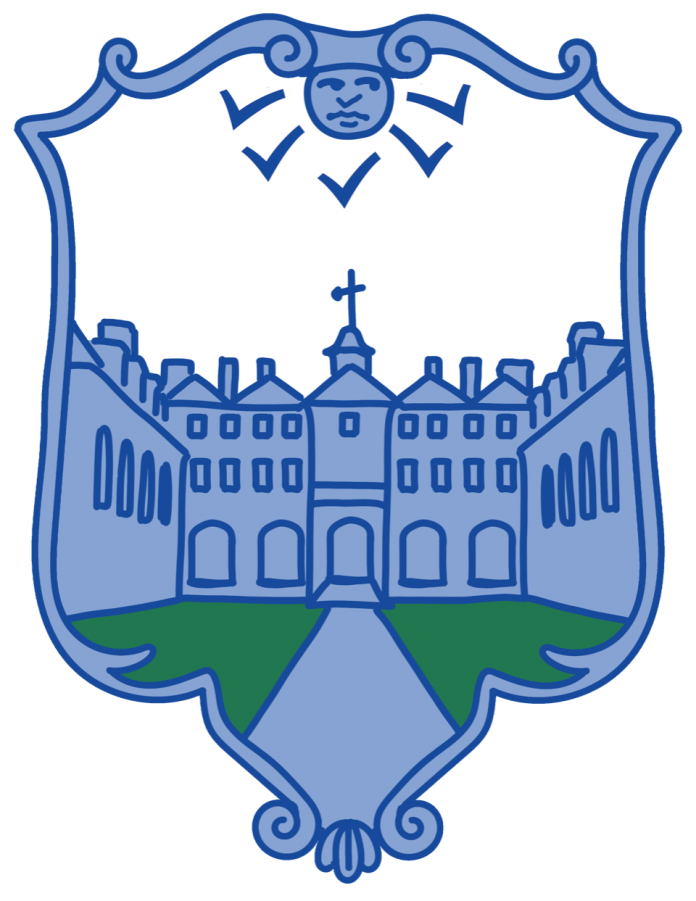As many are well aware, technology is often imperfect. Honorlock is no exception. If anything, it’s a perfect example of how technology can create more problems than it solves.
The solution Honorlock is supposed to provide the College of William and Mary is quite simple: prevent students from cheating on virtual exams. While in theory, I see no problems with this, in reality myself and other students have, on more than one occasion, experienced consistent problems with the chrome extension. Instead of leveling the playing field by preventing cheating, it causes unnecessary complications and stress before and during testing.
Before each test, students must scan their faces, IDs and desk space — except sometimes — it doesn’t work. When it doesn’t work, the test cannot be accessed. And if you’re lucky enough to get into your test, Honorlock sometimes pauses when students so much as look down while writing on scratch paper. And to finish off this digital nightmare, the extension will also kick people out of their test if they go back to more than one question at a time to review their answers. Unfortunately, these are just a few examples.
“Students shouldn’t be asked to share so much of their personal spaces and data as a requirement for testing. One student even downloaded the extension just to discover his computer believed it to be malware because of how much access you must grant to download the extension.”
Not only does Honorlock exhibit many technical problems, it’s also an invasion of privacy. While the extension is enabled, it is granted access to a student’s school ID information, camera, microphone, browser history and screen. All that information is then able to be viewed and stored by Honorlock for an unspecified amount of time. Students shouldn’t be asked to share so much of their personal spaces and data as a requirement for testing. One student even downloaded the extension just to discover his computer believed it to be malware because of how much access you must grant to download the extension.
Even if Honorlock does not keep or share this information over an extended period of time, it’s still an invasion of privacy. Just the idea of being watched in a dorm or at home gives myself and others reasonable discomfort. But Honorlock’s poor reputation isn’t just a student created phenomenon. Some professors have acknowledged its many flaws and have opted out of using it for this semester, to the relief of many students.
Due to the extension’s bad reputation, I felt inclined to look into the College’s decision to implement this particular extension. According to the Student FAQ on Honorlock, the College believes that “the balance between trust and due diligence is a difficult one, and we recognize there are trade-offs with any such decision.” However, on the College website, the Honor Code is defined as “among the most significant traditions of William & Mary.” The description goes on to say, “the essence of the honor system is individual responsibility. We entrust students to maintain the Code and adjudicate matters involving alleged violations of the Code.” If that were the case, then why do we need a camera literally stuck in our faces, Big Brother style, to take our exams?
Email Caitlin Noe at cjnoe@email.wm.edu.

